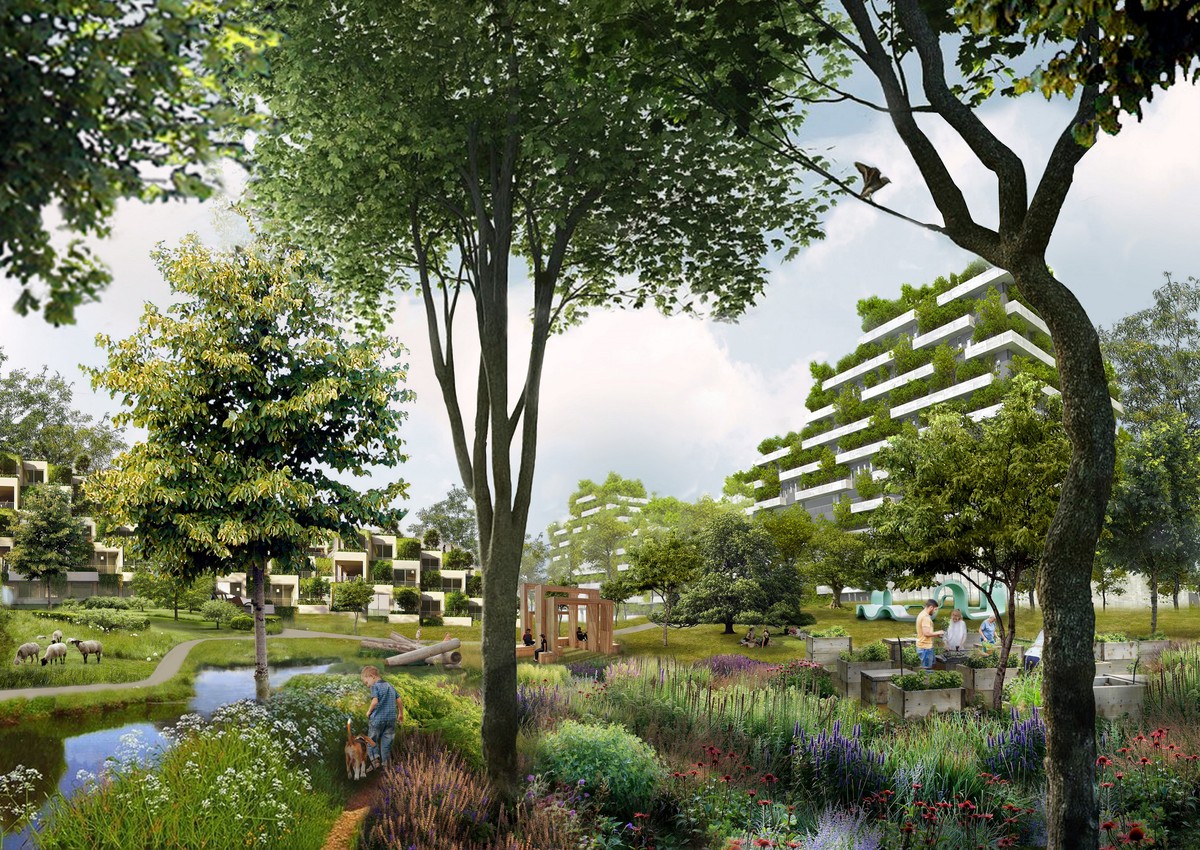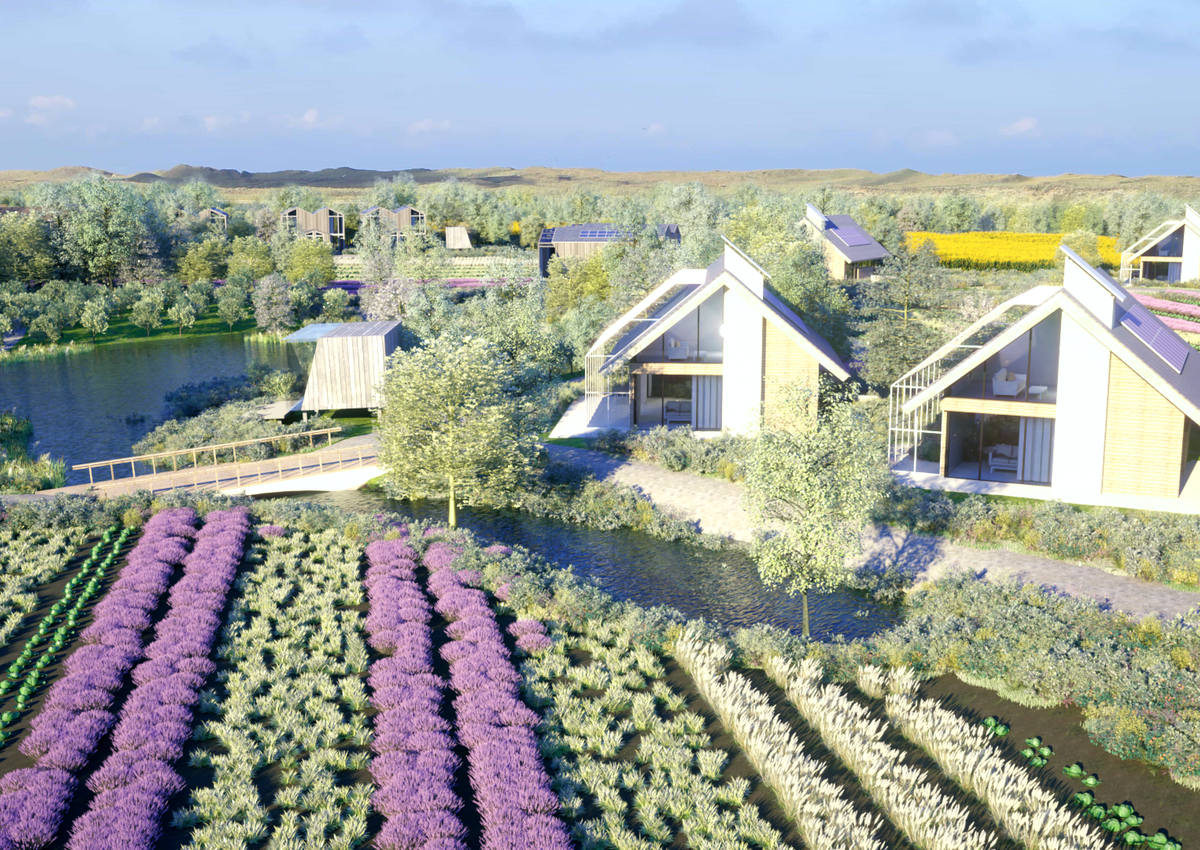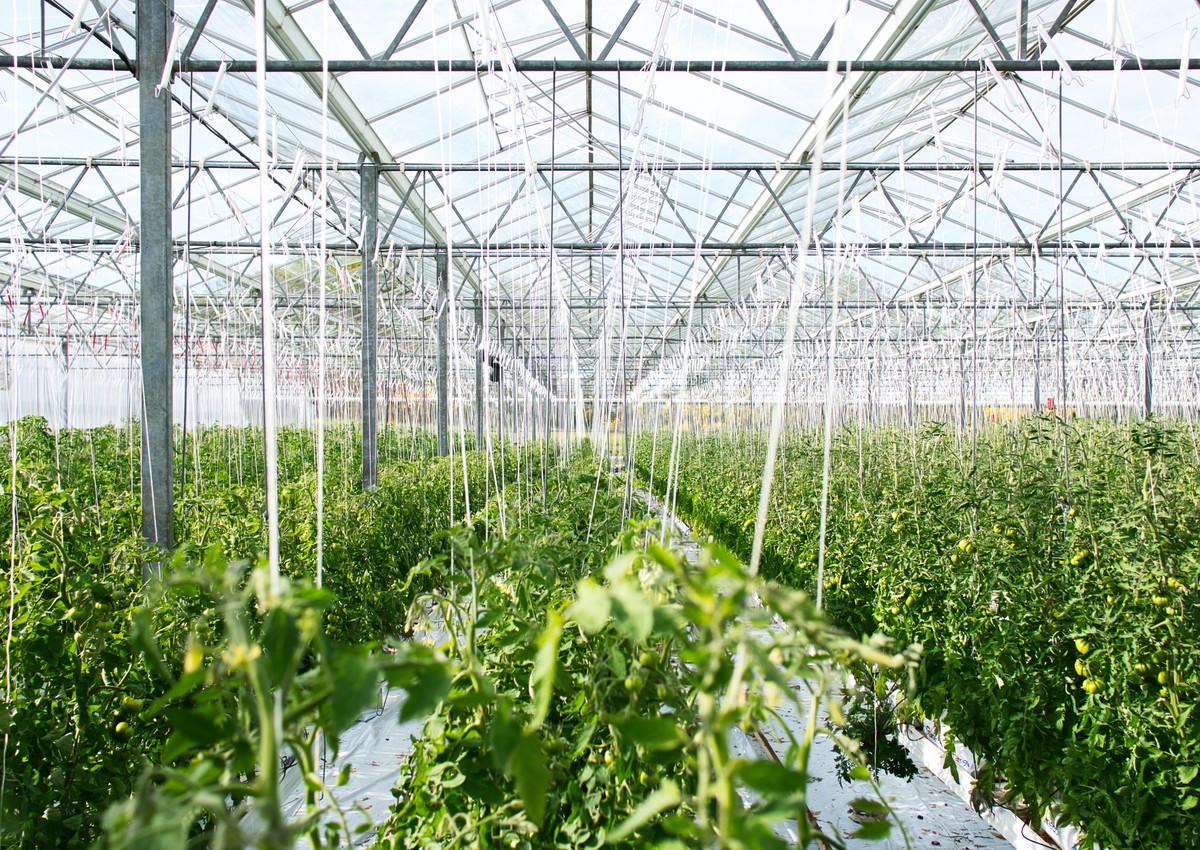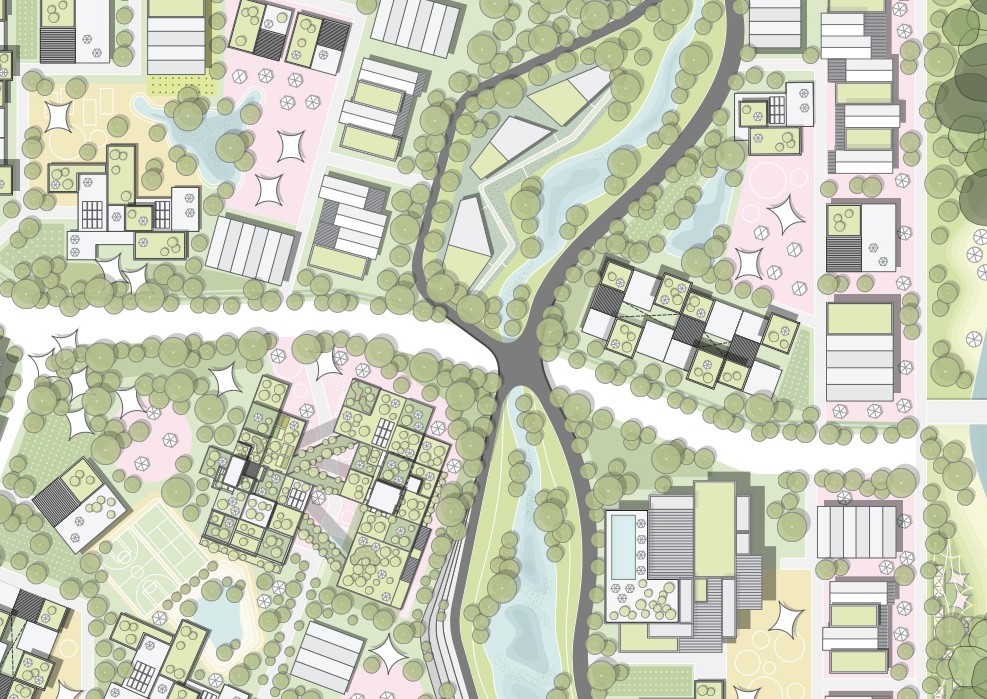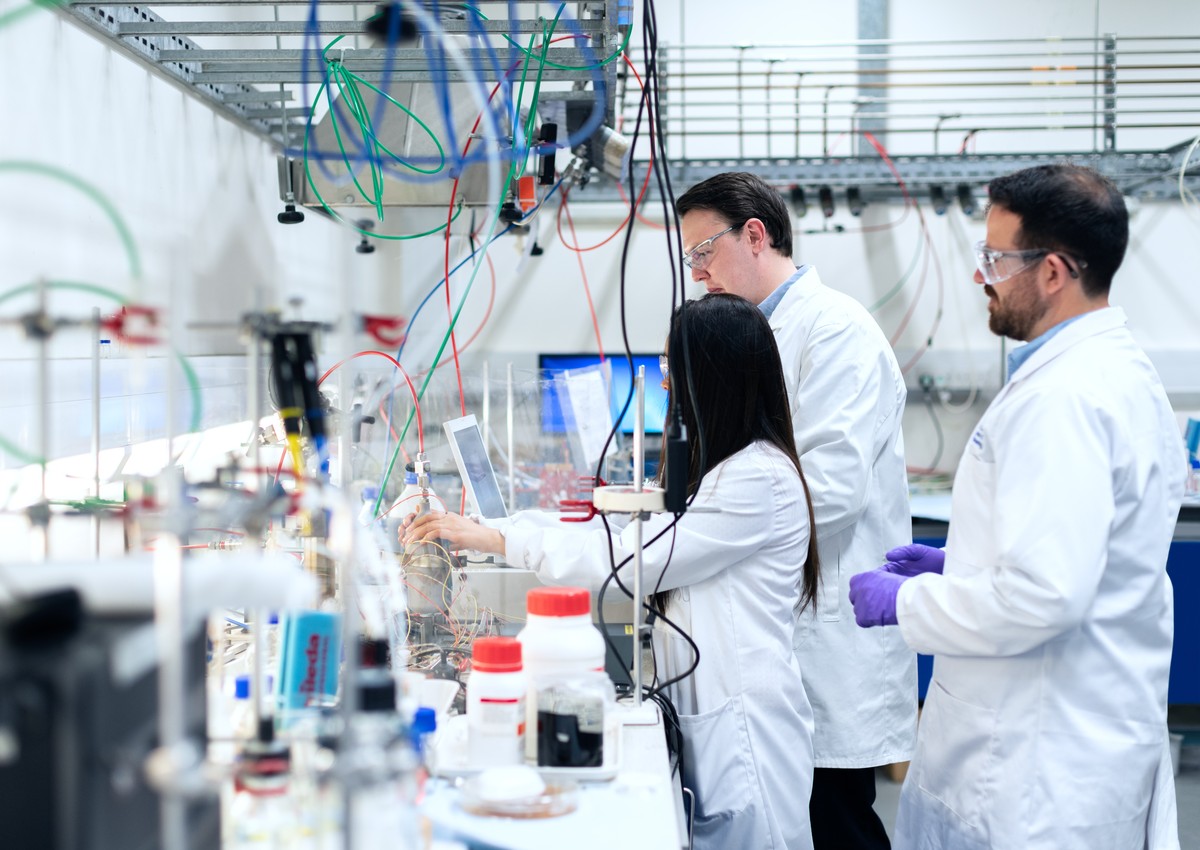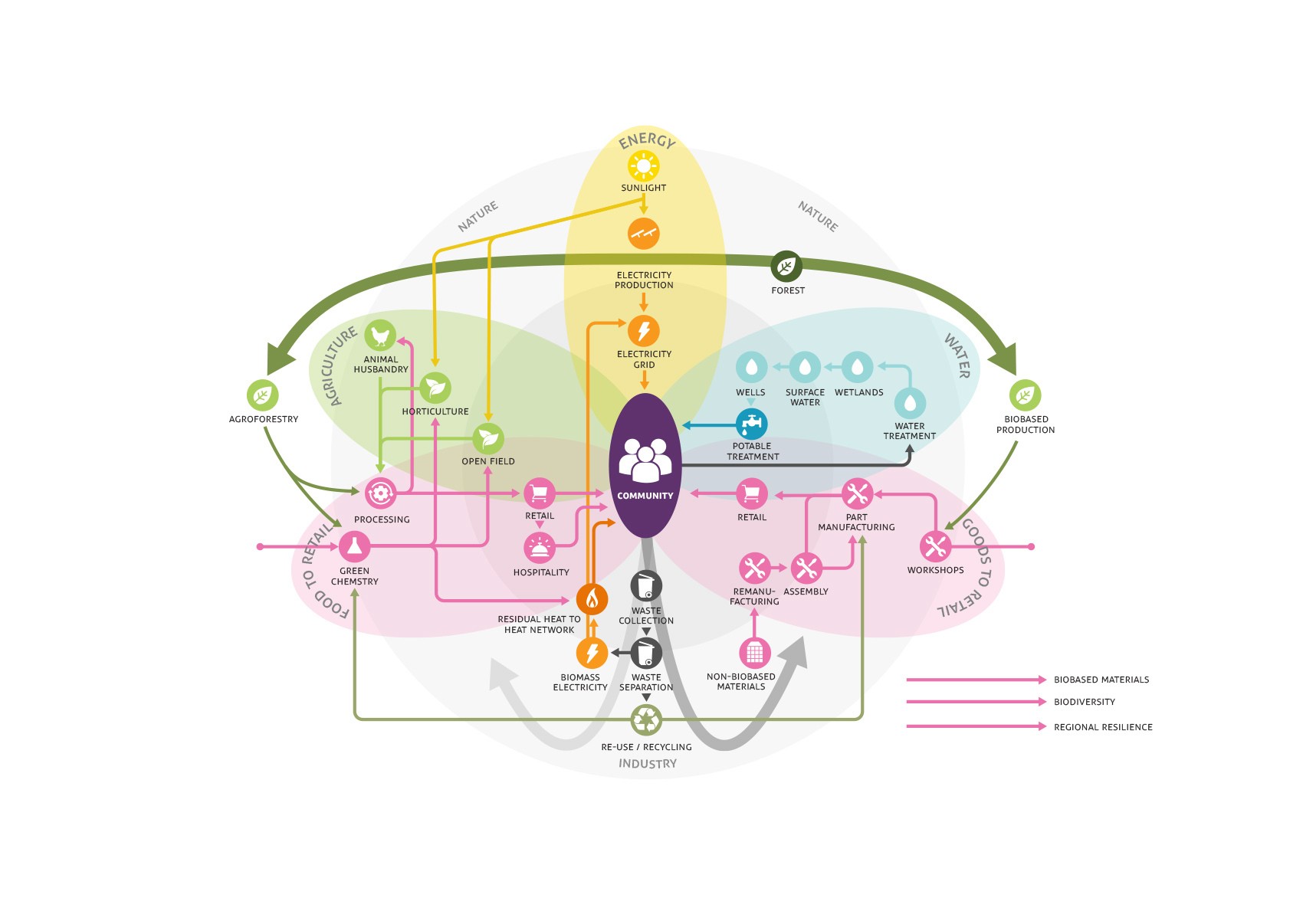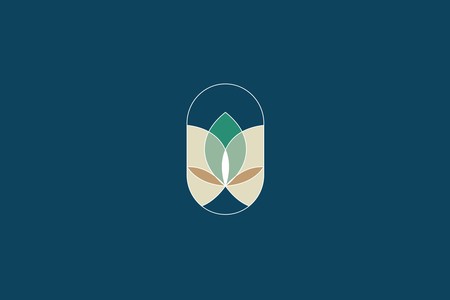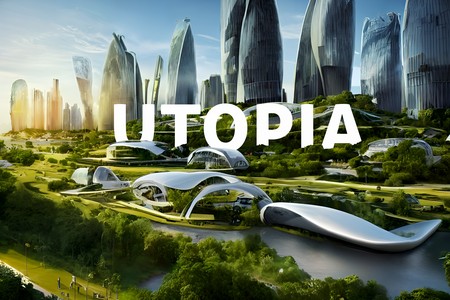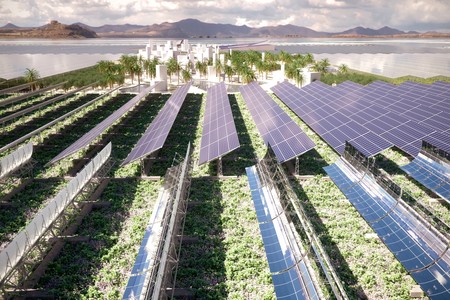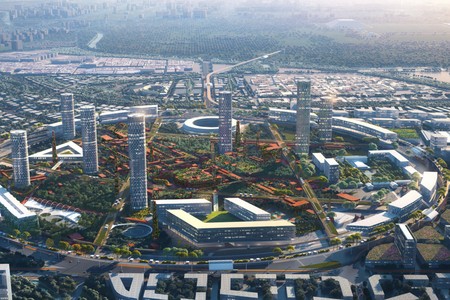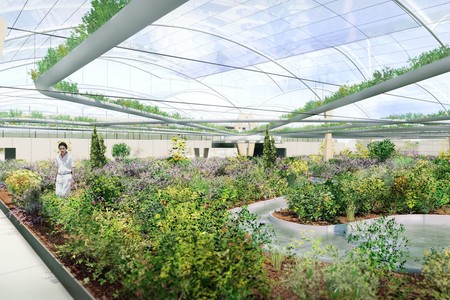-
The world is looking for answers. Sustainability has become the most prevalent challenge in policy and business strategy. The time is ripe for visions that go beyond single-issue solutions, that address an essential change in the foundations of how we live, work, produce, play, and prosper.
Orchid City is the world's first future-proof and regenerative real estate development framework, using proven practices to build resilient communities, anywhere in the world at any size. Orchid City can realize astonishing 140% net-positive, affordable and desirable neighborhoods and cities, entirely with today's available technologies. With Orchid City we can realistically build sustainable and truly regenerative living environments, today. A real city of hope.
Orchid City was created by combining decades of research and design, from hundreds of regenerative and proven solutions, into one holistic development framework. It combines the experience of over 25 partners, utilizing systemic data and analysis tools.
The result is a framework that helps generate development blueprints, from large buildings to neighborhoods, towns and cities, that solve many infrastructure and systemic challenges related to clean energy generation, industry and job creation, waste management, mobility, finance, food production, and housing affordability.
The framework ensures that healthy and vibrant ecosystems directly benefit residents while also helping to strengthen regional economies and enhancing resilience to deal with the effects of climate change.
Urban sustainability: the case for Orchid City
Cities are incredibly resource-hungry. They are responsible for the majority of the world's energy use and greenhouse emissions and will continue to grow and increase their demands on our environments and society at large. The statistics speak for themselves:
- Cities consume up to 80% of the entire global energy production,
- emit over 70% of global CO2 emissions and other pollutants,
- over 25% are already experiencing severe water shortages, and
- by 2030 will see an additional 40% of the world's population facing a lack of adequate and affordable housing.
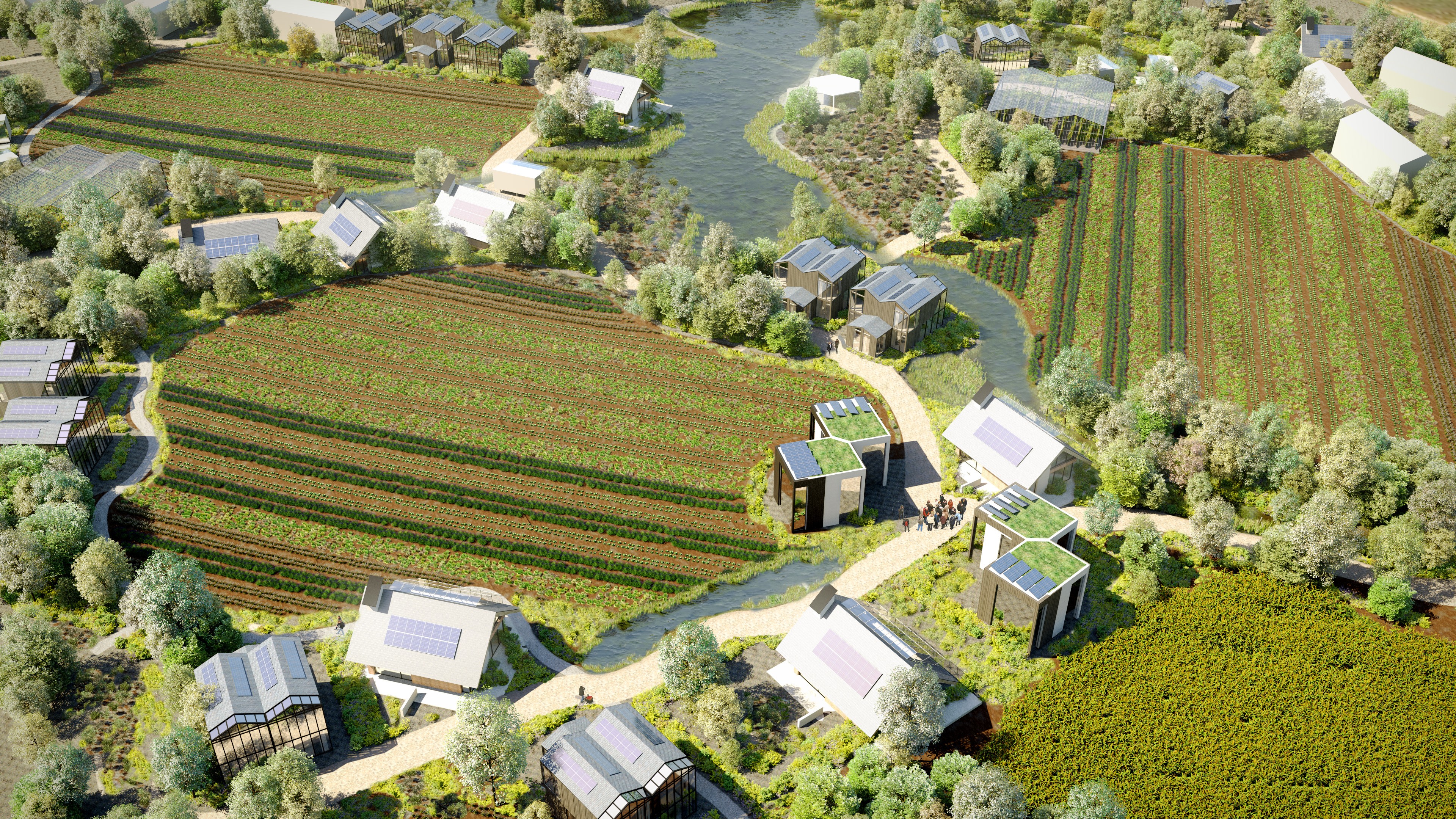
In other words, the unsustainable design of our cities is responsible for a large majority of our non-renewable resource use, pollution, and excessive waste. Additionally, they also house the world's most vulnerable populations. Hence, it's more important than ever that we focus on improving urban development and neighborhood design and how people interact within the built environment.
Orchid City aims to directly address these problems by focusing not just on infrastructure and our physical environments but by improving and enhancing the relationships and systems that operate within.
Applications of the Orchid City Framework
The Orchid City Framework is a design and development approach that allows the development of exemplary sustainable, affordable, realistic neighborhoods, villages, and cities. The framework is a combination of new design principles and tools, quantitative in-depth calculation models, new business models, and a network and partnership of over 20 organizations.
Orchid City can be used to upgrade or augment existing neighborhoods and cities, as well as developing new living communities on both brownfield and greenfield sites.
Orchid City's framework is flexible to local climate, context, culture, and can be applied in various scales, from several hundred community members to tens of thousands. The contours of the blueprint are developed together with stakeholders in a co-creation process.
Orchid City partners
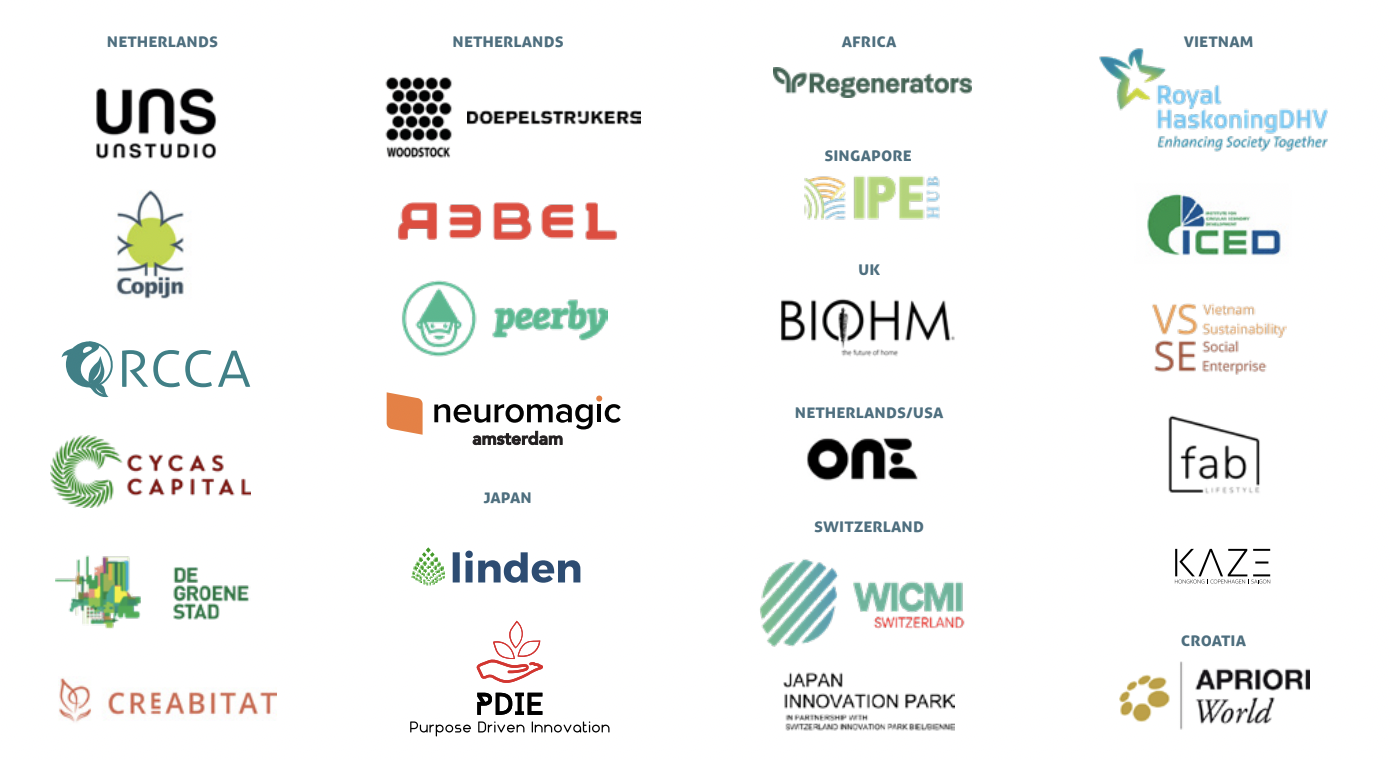
The Orchid City approach
The Orchid City blueprint can be modified and is unique in design to each specific location. However, they all follow a similar design concept and philosophy:
"To offer holistic and systemic solutions to urban design, provide all essential services and daily needs, and to develop an inspirational and sustainable environment that puts the well-being of residents before anything else."
Orchid City applies an integrated strategy to produce detailed systemic modeling and far-reaching improvements. It combines innovative solutions in agriculture, resource management, climate adaptation, and bio-based construction and manufacturing.
The designs and solutions are unique to the Orchid City project but have come from Except's years of experience and acquired knowledge to solve issues when developing truly sustainable urban environments.

One of the essential features of Orchid City is the integration and fostering of economic development and generational connectivity - a vital step in creating a vibrant and harmonious community. Strong social cohesion not only makes for a nice place to live but provides financial and educational support for workshop centers, community services, and programs that produce positive cultures, small business development, and other innovative outcomes.
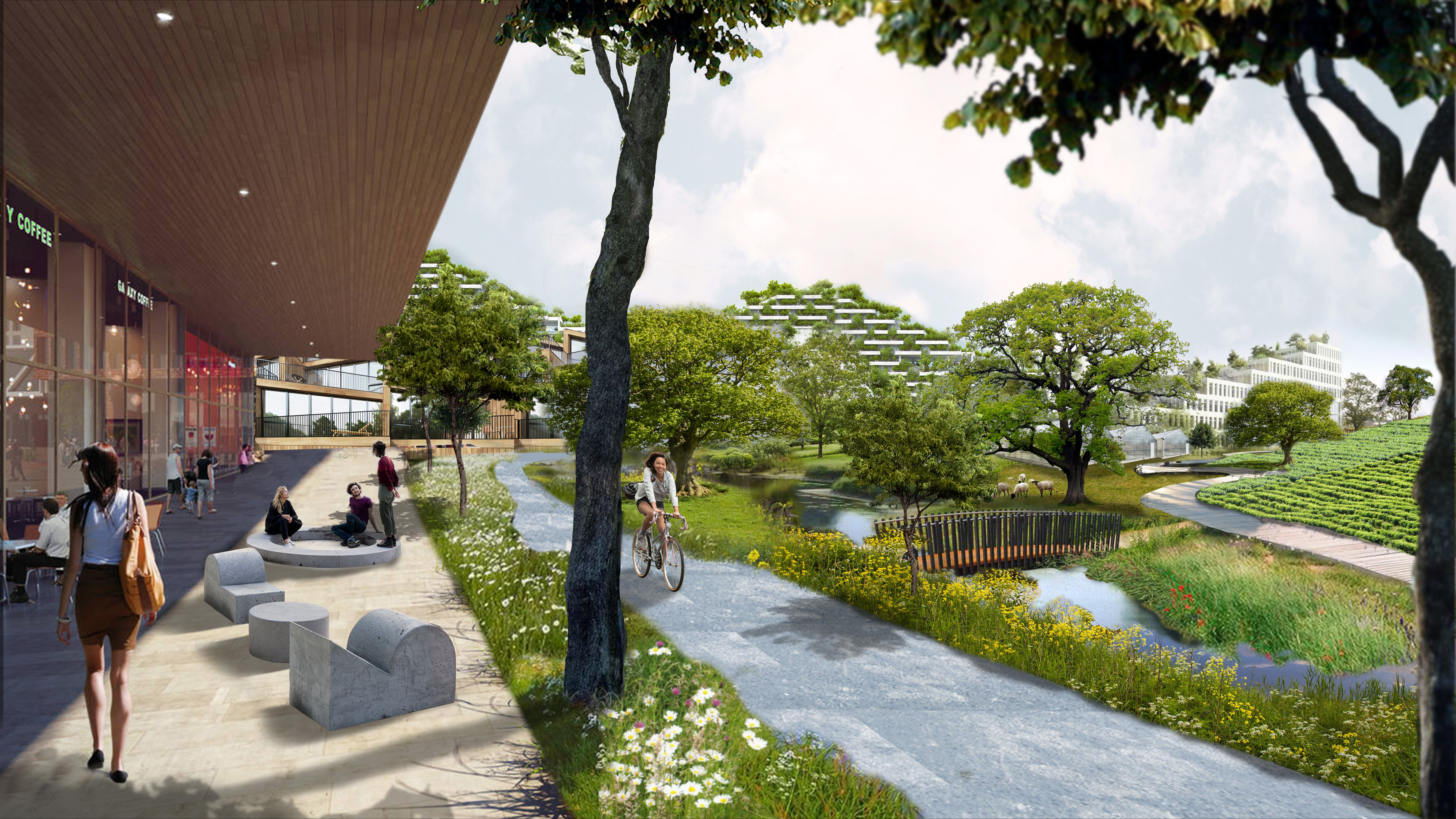
Orchid City at a Glance
Fully self-sustainable in:
- Producing energy, water supply, and waste management.
- Organic food cultivation and regenerative agriculture.
- Providing jobs and meaningful work.
- Supplying all social services, including health and aged-care.
- Offering educational programs for all ages.
Offers a variety and choice of:
- Housing options across a range of different designs, styles, and budgets.
- Education, schooling, and daycare facilities.
- Food and consumer goods.
- Entertainment, cafes, and restaurants.
- Car-free communties and self-driving electrified transport.
Sustainable and systemic design helps Orchid City:
- Ensure it remains climate-adaptive & flood-proof.
- Utilize biobased and renewable materials for all construction and operations.
- Offer a financially feasible project that delivers attractive returns for short and long-term investors, local communities, and entire regions.
- Remain energy positive and carbon-negative.
- Establish a new sustainable standard in their region and build solid partnerships for further development on a regional and national scale.
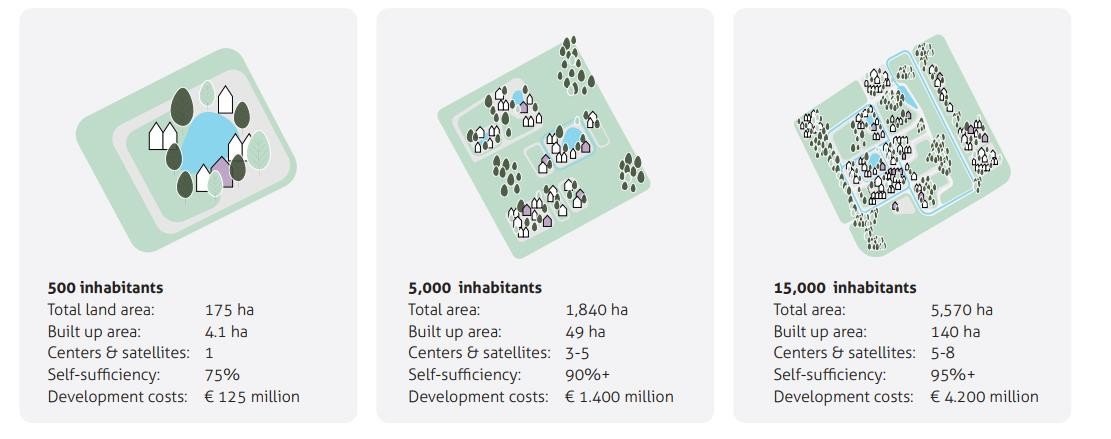
Scalability and adaptability
The Orchid City blueprint supports various communities and is scalable in size, ranging from small towns of 500 inhabitants to larger settlements of 100,000 or more. The design is adaptable across multiple climates, locations, and cultures and can support all types of economic activity from low to high-tech industries. An Orchid City community can work within the confines and availability of a particular space, the ambitions of partners, and the unique local demands for such sustainable developments.
Orchid City's feasibility has been modeled for locations in Brazil, the Netherlands, and Vietnam and is extensible to any part of the world, in either urban or rural contexts. This universality reveals Orchid City's adaptability and resilience to different environments, cultures, and economic situations.
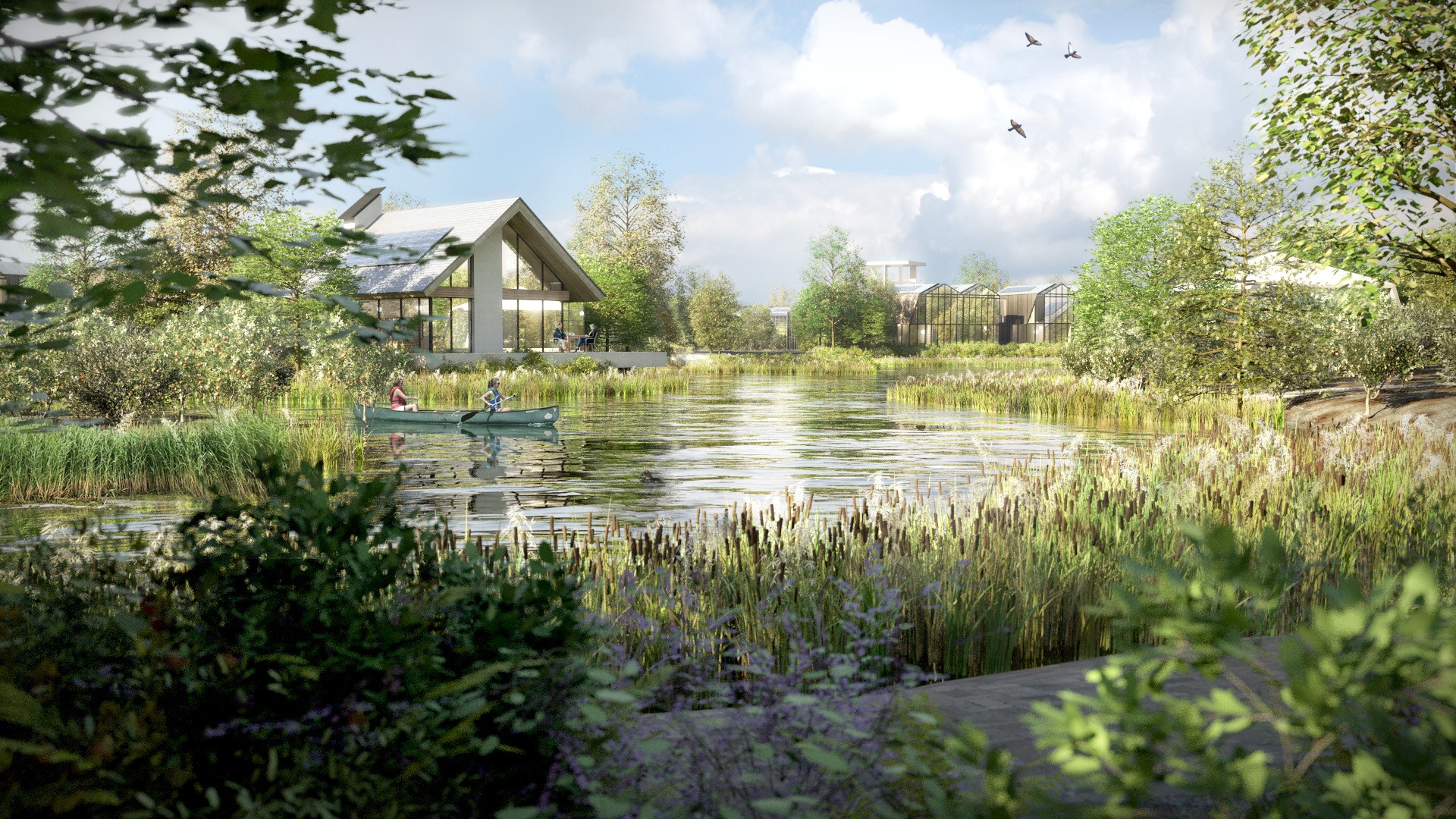
Economic and environmental benefits
Orchid City offers countless benefits to those living within and even beyond its borders. A city designed to house approximately 15,000 residents:
- Provides 7500 houses in various typologies.
- Supports over 8000 sustainable jobs.
- Channels more than €4.5 billion investment into regions.
- Offers a 140% per capita reduction in carbon emissions.
- Plants approximately 1.1 million trees.
- Achieves energy-positive operations and carbon neutrality.
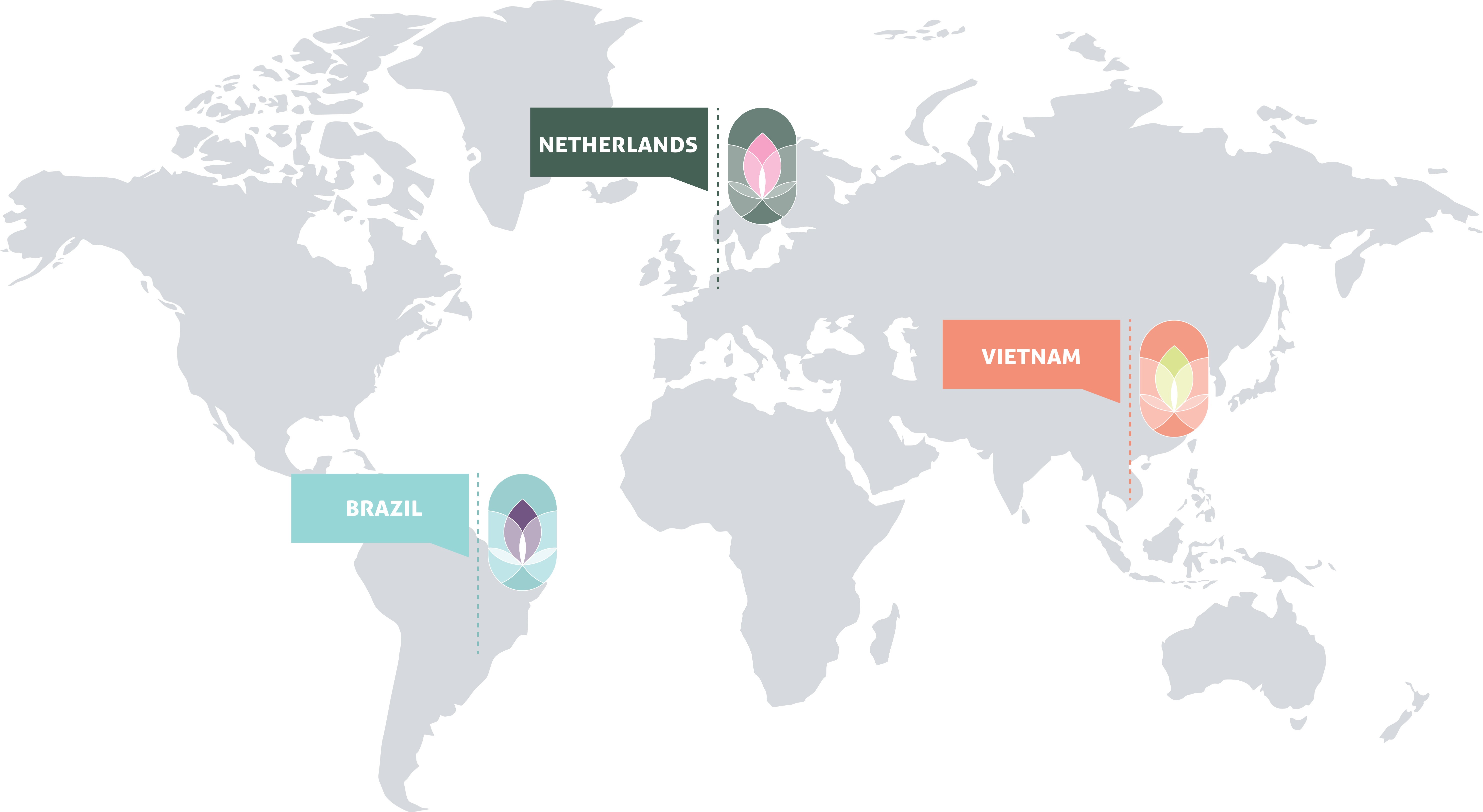
July 14, 2021
Project team
-
Emma Westerduin
Architect and Project Manager
-
Jacob Verhaart
Head of Science, Industrial Ecologist
-
Eranda Janku
Head of Urban Planning
-
Chi Nguyen
Regional Director Asia
-
-
Mykola Liasovskyi
Research and Business Development
-
Ruben Bosschaert
Technology and research specialist, physicist

